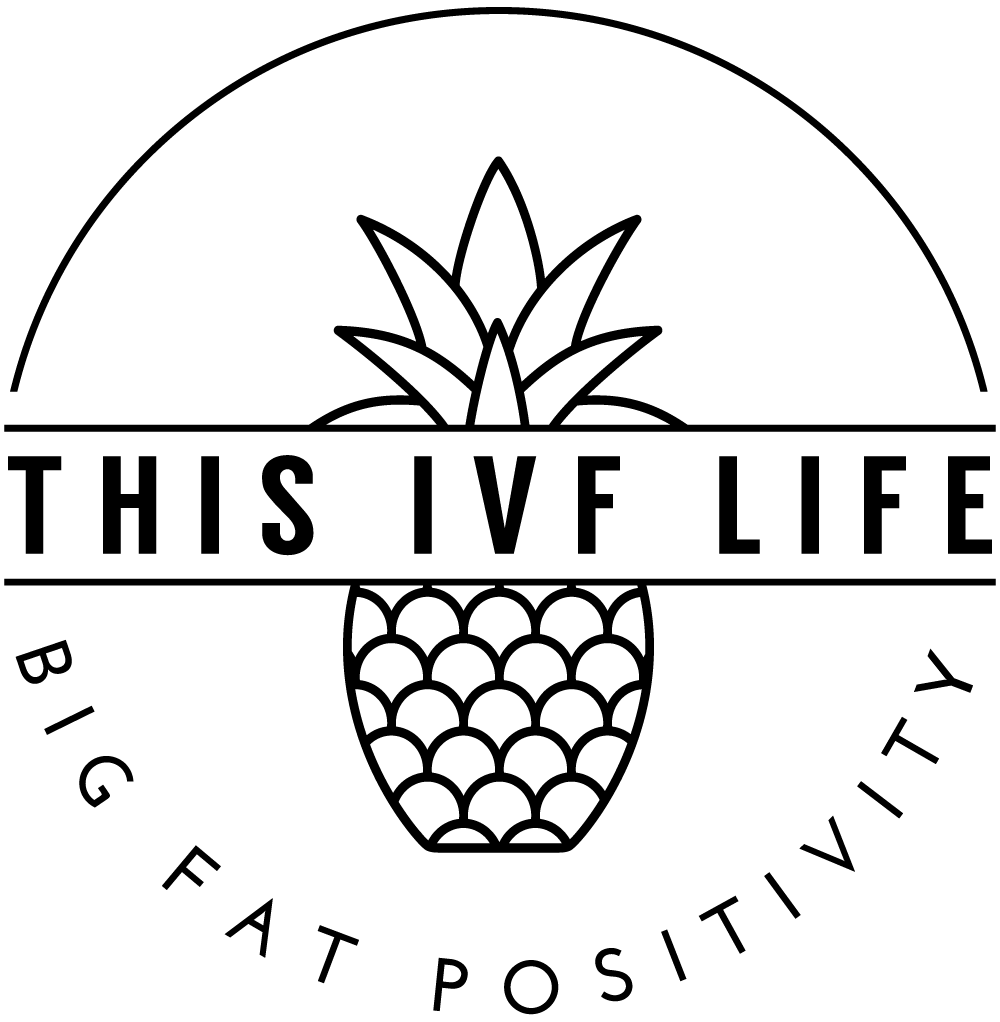IVF final injection - the trigger shot
Note the obligatory disclaimer: The below is from my personal knowledge and experience of IVF. The exact advice and processes from your IVF clinic may differ.
What is a trigger shot in IVF?
It is the final one, the last shot, the biggie. The last stimulation injection during IVF, commonly known as the trigger shot, contains Human Chorionic Gonadotrophin (HCG). According to Dr Google, this injection works in the same way as the natural hormone released from the pituitary to trigger ovulation. In my case, the IVF clinic will be collecting the eggs before ovulation occurs (please, dear God, let that be true). Out of all the IVF jabs, this is the single most important one, unfortunately it comes at a time when my confidence with injections is still in recovery.
My trigger shot is Gonasi (10,000 IU), but other brands may include include Pregnyl, Profasi, Ovitrelle and Buserelin. It is administered through a different needle, with a different set up and different quirks to panic me. The syringe is adorned with a large sticker warning me not to pull the end of the syringe too far back, otherwise the syringe will fall apart. This is in addition to the same verbal warning given to me by our nurse, as well as there being a white plastic guard on the back of the syringe preventing it from coming off. Clearly this has been a frequent point of failure in the past. There must have been multiple previous incidents of Gonasi's arse falling off and its innards being wasted, along with the IVF cycle.
With my ‘Menopur meltdown’ occurring only a few days ago, I am petrified about making a mistake with my trigger injection. I order my husband to watch me closely as I prepare the needle to ensure I am doing it right. He complains, somewhat fairly, that the quality assurance afforded by this is low, given that he does not know what he is looking at. I just need him to watch me doing it, so that if I do it all wrong, we are both responsible. It’s called marriage. I will not be taken down alone.
IVF cycles are dictated by scientific research and it appears that 36 hours is the optimal amount of time for the eggs to ripen after the trigger shot. My IVF clinic gives me the exact time of 11 pm on Wednesday night for my trigger shot, meaning that my egg collection will be at 11 am on Friday.
Don't bodge up the timing. It needs to be exact. EXACT. How exact? Like to the minute?
I begin my needle preparations 15 minutes before my allocated time slot, like a nervous plane taxiing to the runway to make its window for takeoff. Preparations take 2 minutes. And I wait. Joe stares at me, while I stare at the clock, then at the needle. 10:50 pm.
Does the liquid in the syringe go off? If it doesn't congeal, why wouldn’t it come pre-prepared in order to reduce the risk of the IVF patient messing it up? Should I just do it now, or is it too early? Surely 10 minutes makes no difference? Or does it?
By the time my mind processes my smorgasbord of neurotic thoughts I only have 3 minutes left to wait, so I hold tight. As tightly as I was holding my syringe of slowly curdling hormones.
11 pm. We pull the trigger and it goes off without a hitch. No issues, no pain, no problems. The final injection is complete and the 36-hour count down begins.
Vaguely interesting post note
HCG is the hormone that is detected in home pregnancy tests. The hCG from the trigger shot can remain in your system for a number of days, giving a false positive pregnancy test if you pee on a stick too soon after egg transfer. According to ConceiveEasy.com (as if!) the rule of thumb that doctors use is that it takes one day for each 1000 units of hCG to leave your body. So, if you get a 10,000 unit injection of hCG, it could take approximately ten days for it to all leave your system.
You may also be interested in:
